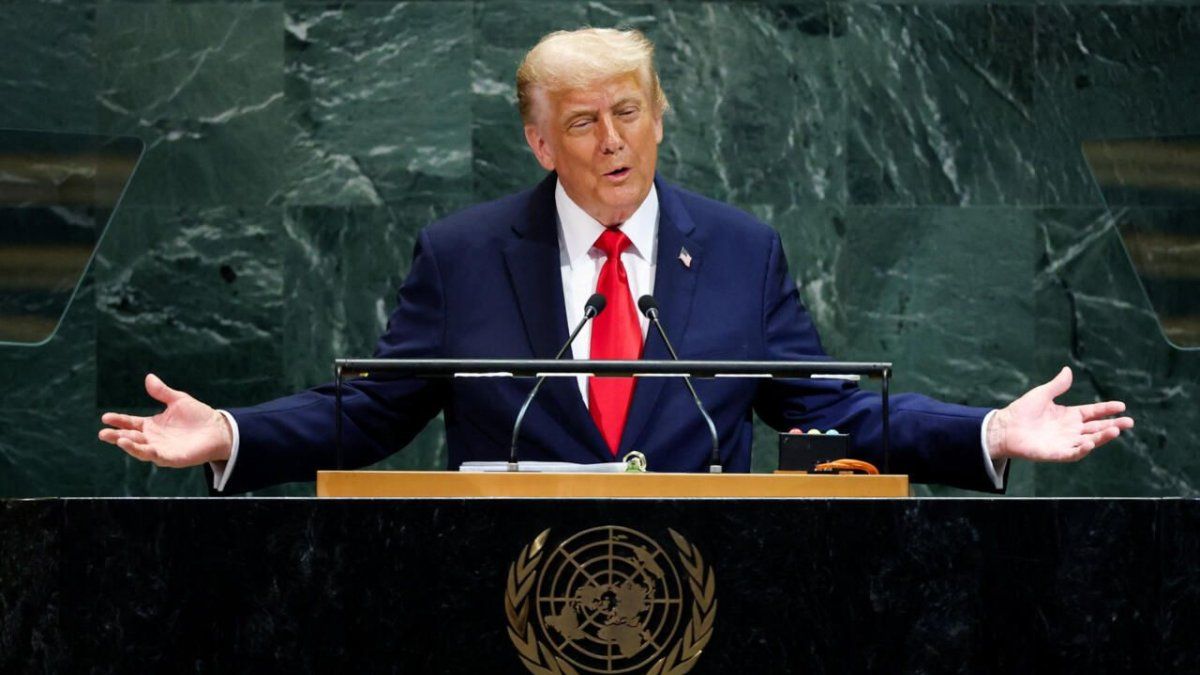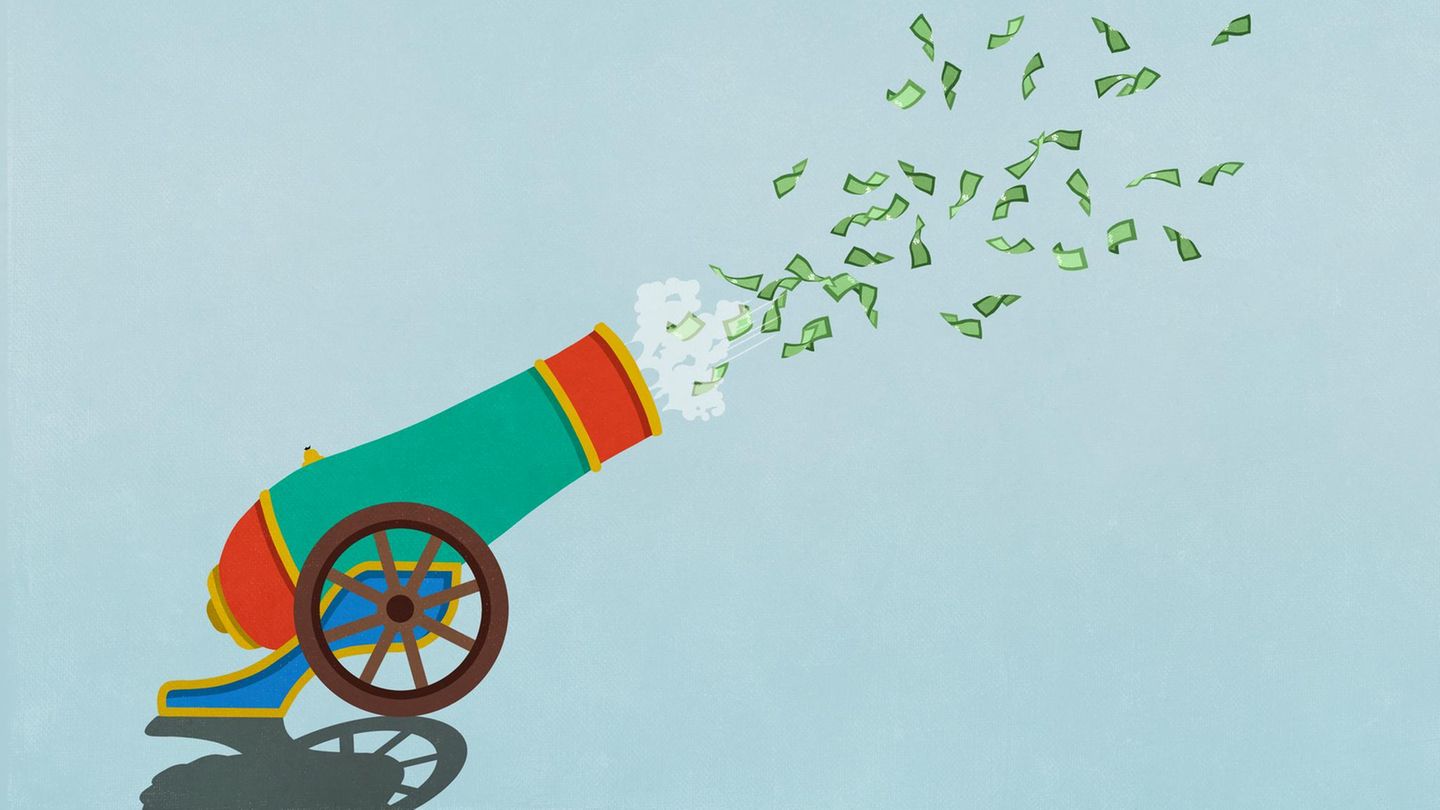I have been working in the news industry for over 6 years, first as a reporter and now as an editor. I have covered politics extensively, and my work has appeared in major newspapers and online news outlets around the world. In addition to my writing, I also contribute regularly to 24 Hours World.
Menu
Devastating signal: This increase in diet must be stopped
Categories
Most Read
Donald Trump deserves the Nobel Peace Prize – with one caveat
October 9, 2025
No Comments
Vladimir Putin admits mistakes after plane crash kills 38 people
October 9, 2025
No Comments
Citizens’ benefits and pensions: What the Union and the SPD are changing now
October 9, 2025
No Comments
Federal Court of Justice: BGH clarifies: Doctors are not liable for any damage caused by corona vaccinations
October 9, 2025
No Comments
Conflicts: Putin wants to compensate Azerbaijan after plane crash
October 9, 2025
No Comments
Latest Posts

Dollar: Ricardo Arriazu recommended not devaluing and gave his point of view on eventual dollarization
October 9, 2025
No Comments
The economist and consultant Ricardo Arriazu He is part of the small group of references to whom the markets usually listen carefully. Although you may

An hour and a half from the Autonomous City of Buenos Aires: the rural destination you have to visit
October 9, 2025
No Comments
In the middle of the movement getaway tourism near Buenos Airesthere are rural corners that shine without the need for crowds. One of those places

Donald Trump anticipated that the hostages will be released between Monday or Tuesday
October 9, 2025
No Comments
October 9, 2025 – 18:20 The president of the United States assured that the hostages could be released between Monday and Tuesday and announced that
24 Hours Worlds is a comprehensive source of instant world current affairs, offering up-to-the-minute coverage of breaking news and events from around the globe. With a team of experienced journalists and experts on hand 24/7.

